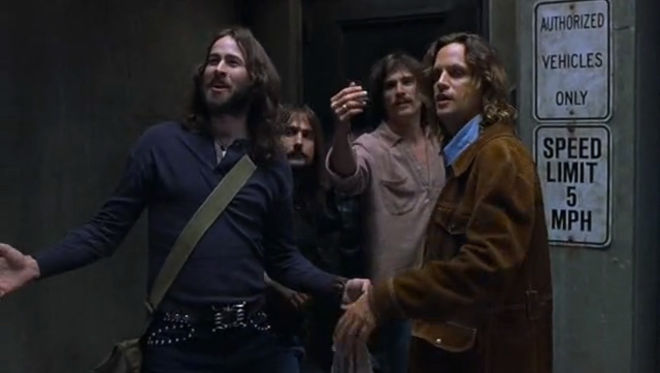The Seven Golden Rules Of Music Criticism
A few handy tricks to help you get to your word count without running the risk of conveying anything meaningful at all.
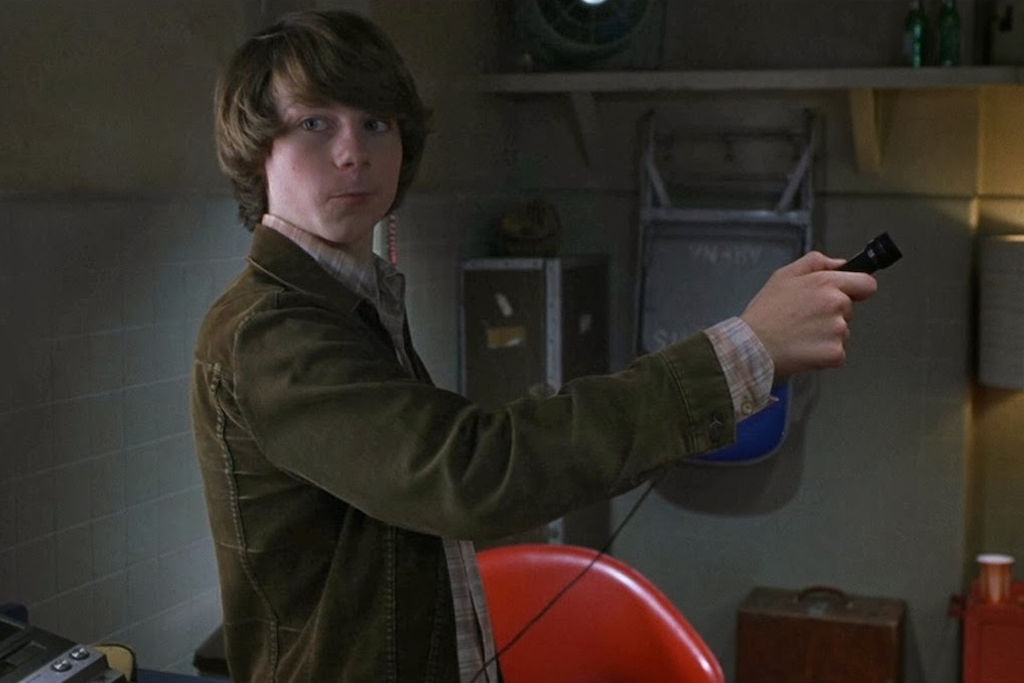
Last week, esteemed writer, musician and critic Ted Gioia offered his variation on the time-honoured ‘kids these days’ riff. He decried the “Bieberization of arts journalism”, a turn of phrase denoting the descent of the noble craft of critical writing into a morass of gossip, hyperbole and ‘lifestyle’ fluff.
The key points were that Harry Connick Jr got mocked on American Idol for using the term ‘pentatonic’, that celebrity and controversy are privileged over musical ability by a spectacle-addicted music press, and that reviews are full of terms like “‘badass,’ ‘hot,’ ‘sexy,’ ‘tripped-out,’ and ‘freaky’.”
Critics, being a deeply sensitive lot, have been frantically discussing What It All Means ever since. Jody Rosen took it a little personally; Evan Sawdey grabbed some popcorn and watched the cross-generational bitch-fest unfold; and The Vine’s Ian Rogers winningly out-highbrowed the condescendingly highbrow Gioia. And so it goes: while the rest of the world sails on, oblivious to the existential crisis befalling the mean-spirited opinion factory that we, the critics, call home, we write thinkpieces: to ourselves, to each other.
Luckily, we critics have reached a consensus, and here it is: Gioia is an old fuddy-duddy that’s too busy yelling at the sun for setting yet again to realise how silly he sounds. Real critics, meanwhile, are too busy chiselling away at the coalface of music journalism with large, sharp chisels of insight to pay him any mind.
Just so we’re clear, the coalface is metaphorical, but the chisels are real. There are seven of them and, as I’m feeling generous, here they are. Use them wisely: if you wish to win at music criticism, you must keep them as your constant companions.
–
1. Play The Man, Not The Ball
Gioia is seemingly concerned with critics that act like gossip columnists, but what he fails to understand is that Sky Ferreira has Resting Bitch Face, and I just can’t take her seriously as a result! What I can do is devote most of my Night Time, My Time review to cheap shots about her clothes, her background and her RBF. Ted Gioia might think that I’m devaluing music criticism, but I’m pretty sure that the 86 people that read my review would disagree.
Well, at least half of them, anyway.

Sky, plz.
–
2. Learn The Eight Words That All Critics Use
If you want to be a music critic, you have to sound like a music critic. This means that you can’t go finding new, imaginative ways to describe the same old sounds that have been appearing on records for flipping ever: that’d make the rest of us look bad.
Guitars are either ‘angular’ or ‘chiming’. Singers possess either a ‘rich’ voice or a ‘ragged yelp’. Female singers are to be referred to as ‘chanteuse’, ‘songstress’ or ‘diva’. These tricks will help you blend in, and get to your word count without running the risk of conveying any information at all.
–
3. Go With The Flow
You’ve listened to the new Three-Way Hogans album. It’s utter garbage, and you say as much in review form. Before you hit submit, though, you’d better check what Pitchfork had to say about it. You don’t want to look like an idiot, after all.
It turns out that Ryan Dombal thinks that the Hogans have created a “viscous tapenade of MSG-free witch-core”. How did you miss that? Perhaps because you’re not a very good critic, and you only got into this godforsaken business for the free CDs, but now it’s all digital servicing with Play MPE and DMDS and you hardly even know why you bother anymore. Luckily, it’s not too late to change you opinion. How good is the internet?
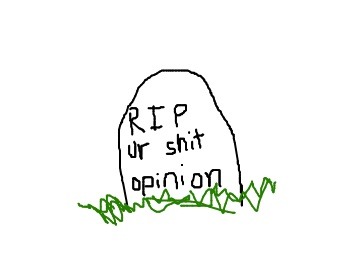
–
4. You Are An Expert
While it might seem like an interesting idea to approach a new album by an established band with fresh ears and no agenda, this will completely defeat the purpose of writing criticism. You’ve heard it all, seen it all, and the world needs to be informed of your erudition – that’s your agenda. You’re the person at the party that treats every conversation as an opportunity for an impromptu lecture on the merits of the Tim Mustafa-era Go-Betweens lineup. No-one really invites you to parties anymore, though, so you’re throwing internet parties instead: internet parties for one (you).

–
5. Never Assume That Your Audience Knows Anything About Anything
You might be an expert, but your audience isn’t. How could they be experts when they’re not you?
It’s obviously not their fault, so try to be patient with them: spoon-feed every bit of basic biographical information about an artist, every well-trodden anecdote, every apocryphal story. Sure, you only got your factoids off Wikipedia and your audience could easily do the same, but remember: they’re helpless innocents. Be gentle on them.
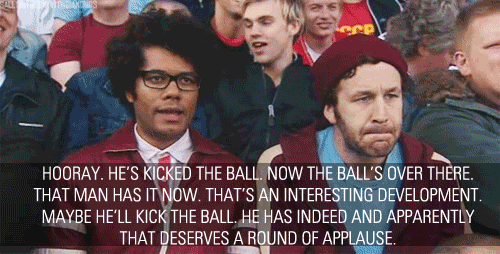
As a bonus, all the time that you spend talking about Flume’s cereal box and Lorde’s conspicuous New Zealand-ness pushes you ever-closer to that infernal word limit, without doing all the tricky ‘criticism’ stuff that you’re having such a hard time committing to.
–
6. Bitterness Is Your Friend
You are a critic. As Hayley Mary from The Jezabels has noted, this is not a real job. You are probably a failed musician as well. Don’t hide the bitterness that you almost certainly feel towards those that have the life that you craved for yourself: use it to add tang and definition to your hastily-scrawled takedowns.

You are not a golden god.
–
7. Criticising Young Australian Bands Is Not Cool
Just don’t do it. It’s like killing Bambi.
They’ll tell you that the job of the critic is to situate a work within its proper context and evaluate whether it adds something new and meaningful to the wider cultural discussion, but those San Cisco kids seem like nice people, so just leave it out, yeah? You’ll see them at parties sponsored by energy drinks, and also your mate’s housemate works for their management team and man, how awkward would that be, maybe just talk about their nice chiming guitars.
Now you’re getting the hang of it.
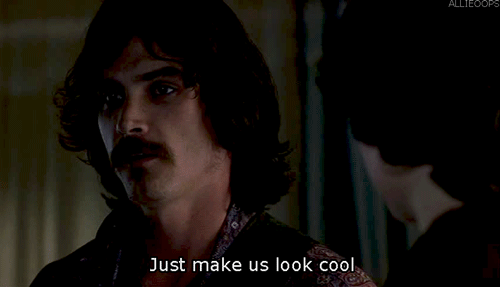
–
Edward Sharp-Paul is a writer from Melbourne whose words can be found at FasterLouder, Mess+Noise, Beat and The Brag. He tweets from @e_sharppaul.
